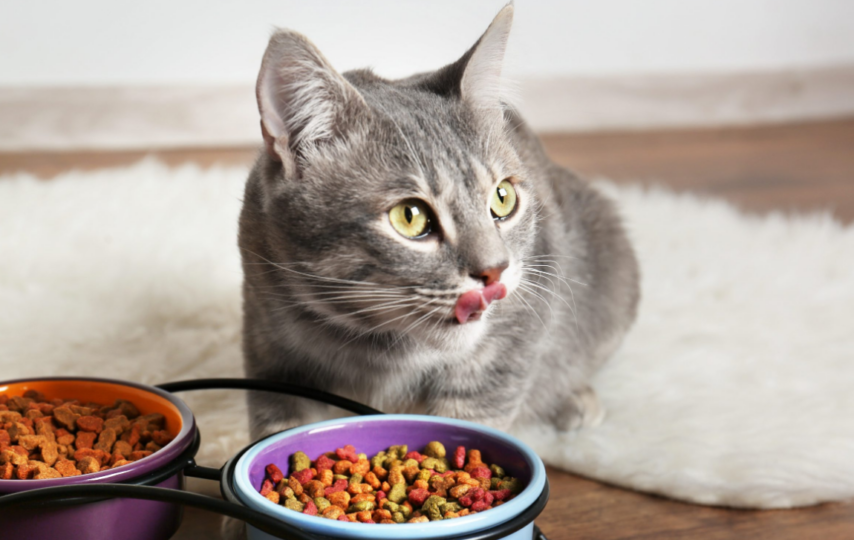As our beloved feline companions age, their nutritional needs evolve, requiring special attention to ensure they lead healthy and happy lives. One crucial aspect of senior cat care is their diet. This article explores senior cats’ dietary needs, the role of dry cat food in their nutrition, and how to make informed choices to meet their unique requirements.
Understanding Senior Cats’ Dietary Needs
As cats advance in age, their bodies go through various changes, which impact their dietary requirements. These changes include reduced muscle mass, decreased metabolism, dental issues, and potential medical conditions like kidney disease, arthritis, and diabetes. To support their ageing bodies, it’s vital to provide senior cats with a well-balanced diet that addresses these needs.
Dry Food: A Viable Option
Dry cat food, known as kibble, is popular among pet owners due to its convenience and affordability. While some argue that wet food is superior for senior cats, dry food can still be valuable in meeting their dietary needs when chosen wisely.
1. Dental Health
Many senior cats develop dental issues, such as gum disease or tooth decay, making eating wet food uncomfortable. Kibble’s crunchy texture helps maintain dental health by reducing plaque and tartar buildup, improving overall well-being.
2. Weight Management
Senior cats are prone to weight gain due to a slower metabolism and reduced activity levels. Dry food allows for better portion control, helping prevent excessive calorie intake and obesity. Choose high-quality, low-calorie dry food to support their weight management goals.
3. Protein Requirements
Maintaining muscle mass is crucial for senior cats. Look for kibble options with higher protein content, which supports muscle health and provides essential amino acids. Protein also aids in maintaining proper organ function.
4. Joint Health
Arthritis is prevalent among older cats, leading to discomfort and decreased mobility. Specific cat kibbles incorporate additional glucosamine and chondroitin, which can aid in promoting joint health and easing some of the discomfort accompanying the ageing process.
5. Hydration
Senior cats may not drink enough water, increasing the risk of dehydration. Kibble contains less moisture than wet food, so it’s essential to ensure your senior cat can always access fresh water. You can also consider adding water or a low-sodium broth to their dry food to increase their hydration levels.
Choosing the Right Dry Food
Not all kibbles are created equal, and selecting a high-quality option that aligns with your senior cat’s specific needs is crucial. Here are several factors to take into account when selecting the appropriate dry food for your ageing cat:
1. Protein Quality: Choose a dry food with a premium protein source like chicken or salmon as its primary ingredient. Avoid options with excessive fillers like corn or wheat.
2. Limited Fillers: Look for products that have minimal grain content and use whole grains like brown rice or oats if grains are included.
3. Senior Formulas: Some brands offer specialised dry food formulated explicitly for senior cats. These options often contain tailored ingredients to support their ageing bodies.
4. Consult Your Veterinarian: Your veterinarian is your best resource for determining the specific dietary needs of your senior cat. They can recommend suitable brands and types of dry food based on your cat’s health status and existing medical conditions.
Conclusion
When chosen carefully and with other appropriate foods, dry cat food can be a valuable part of a senior cat’s diet. Understanding your senior cat’s unique dietary needs and selecting the right dry food can help them enjoy their golden years with good health, vitality, and happiness. Remember to consult your veterinarian for personalised guidance on your senior cat’s nutrition to ensure they receive the best care possible.








